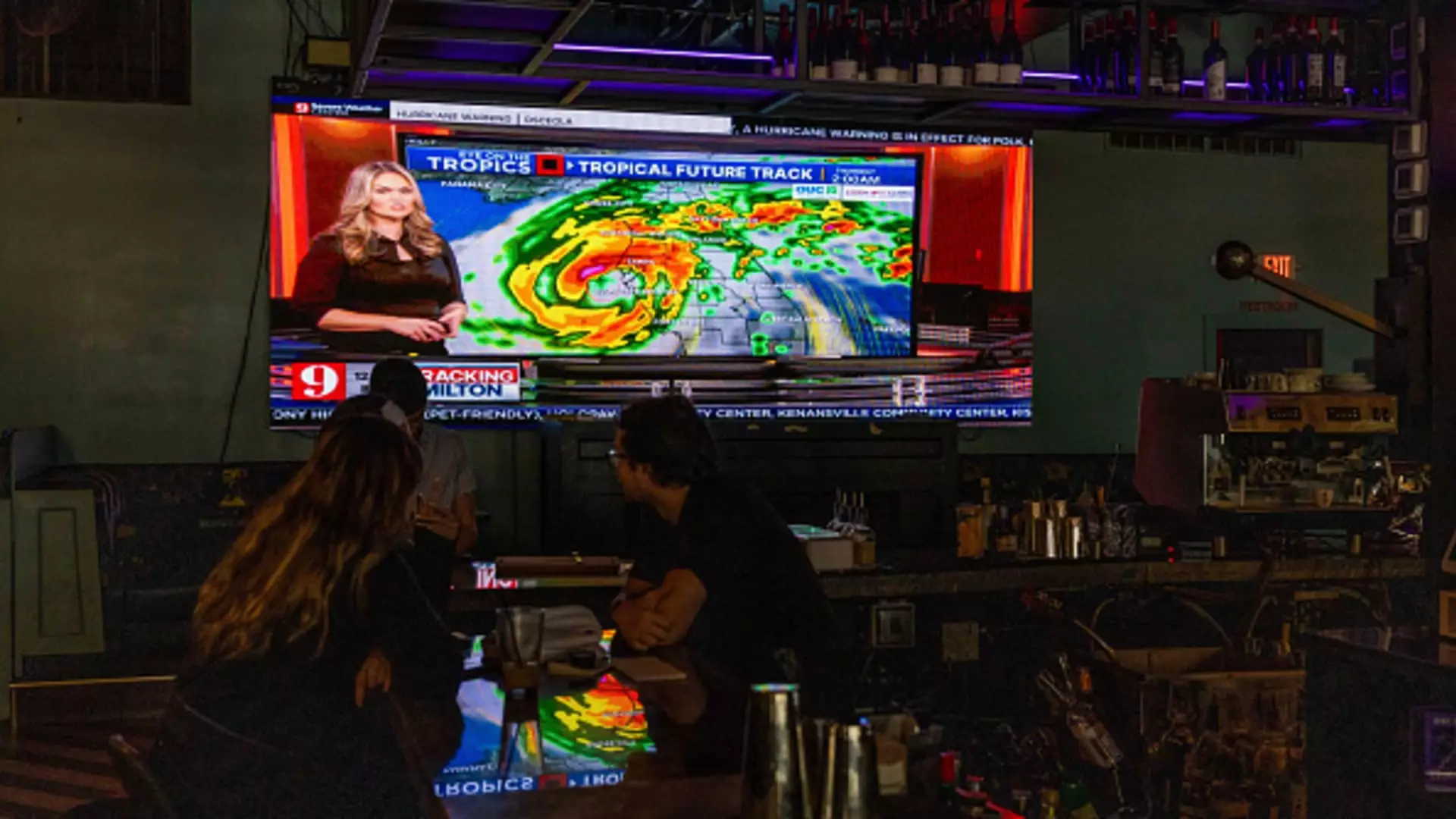In recent days, the stock market has displayed resilience amid a volatile economic environment. As investors keenly observe developments regarding inflation and interest rates, there are several important factors influencing the finance landscape that deserve attention. This article focuses on critical elements that investors should keep in mind as they navigate today’s trading scene.
Market Reactions to Federal Reserve Policies
The stock market exhibited positive movement recently, underscoring investor optimism regarding the Federal Reserve’s ability to manage inflation without compromising economic stability. The S&P 500 saw an increase of nearly 1%, while the Nasdaq Composite outperformed with a gain of about 1.5%. Additionally, the Dow Jones Industrial Average recorded a moderate rise of 0.3%. A noteworthy driver of this market sentiment was the Fed’s decision to cut interest rates by 0.5 percentage points last month. Following that move, an unexpectedly robust September jobs report further strengthened confidence in the economy’s resilience against inflation-fighting measures.
Investors are not only monitoring market performance but are also awaiting insights from the upcoming release of the Fed’s latest meeting minutes. These documents are expected to shed light on the central bank’s strategic thinking and future plans, which could have a significant impact on market directions in the coming days. Such information is crucial for investors looking to gauge the broader economic environment accurately.
Another significant development is the impending arrival of Hurricane Milton, which is projected to impact central Florida. Business analysts foresee potential damages upwards of $50 billion, with the possibility of scarring the region’s economy much further in a worst-case scenario. With more than 750 flights already canceled and major attractions like theme parks adjusting operations, businesses are taking precautionary measures in anticipation of the hurricane’s wrath.
For companies like Disney, the storm presents not just logistical challenges but also grave financial implications. Goldman Sachs has estimated that the hurricane could lead to a decrease in earnings pre-tax for Disney’s Parks and Experiences segment, potentially ranging from $150 million to $200 million in its fiscal first quarter of 2025. This event underscores the broader theme of how natural disasters can profoundly impact corporate operations and profitability, further complicating the already intricate dance of market dynamics.
In the realm of technology, the Justice Department is contemplating extensive measures against Alphabet’s Google, following a recent ruling that confirmed the company’s monopoly in the search market. The proposed remedies could entail substantial changes to Google’s business practices, including the enforcement of non-discriminatory product usage and data interoperability requirements. The looming possibility of these regulatory actions introduces uncertainty into the tech sector, particularly for firms that rely on Google’s platform for business operations.
Google’s representatives have labeled these proposals as “radical,” cautioning that they could yield unforeseen consequences for consumers using various tech products. Such regulatory implications may shift market dynamics in favor of smaller companies and emerging technologies, placing traditional tech giants like Google under pressure to adapt.
Legal Challenges for Social Media
Furthermore, TikTok faces mounting legal challenges from a bipartisan coalition of state attorneys general, who allege that the popular app has detrimental effects on children’s mental health. The scrutiny highlights growing concerns regarding the impact of social media usage on younger populations. TikTok’s legal defense has positioned itself against new regulations aimed at company ownership that could lead to a prohibition of the app, showcasing the ongoing tension between digital innovation and regulatory frameworks.
Digital platforms are now at a crossroads, balancing user engagement with ethical responsibilities. How companies adapt and respond to these challenges will likely shape the landscape of social media in the years to come.
Amidst these various market influences, Boeing’s labor strife adds another layer of complexity to the economic picture. Negotiations between the aerospace giant and its striking workers have reached an impasse, as the withdrawal of a contract offer threatens to prolong the dispute. This ongoing strike raises concerns about Boeing’s operational capacity and overall financial health, given its history of structural and managerial difficulties.
As discussions stall, the repercussions for Boeing could be dire. The workforce reduction, coupled with existing operational challenges, underscores a critical juncture for the company. Investors and market analysts must closely monitor these developments, as they may impact shareholder confidence and the company’s ability to respond to future market conditions.
Overall, these multifaceted factors present a complex backdrop for investors. With shifting economic indicators, regulatory scrutiny, natural disasters, and labor disputes, it is essential for stakeholders to stay informed and adaptable in these challenging times.


Leave a Reply